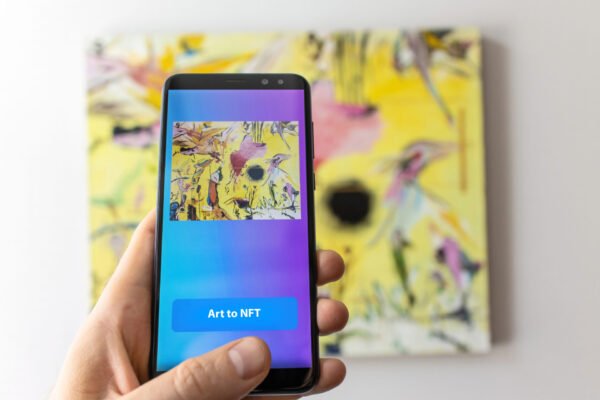NFT marketplaces responsible for keeping infringing works out, PRC court rules

On 20 April 2022, a court in Hangzhou handed down the country’s first ruling on a case involving NFTs, holding a marketplace accountable for allowing a user to create a NFT from stolen artwork.[1]
The lawsuit was filed against BigVerse (which operates marketplace NFTCN) by a Shenzhen-based company Qice which is the sole copyright owner to the comic series “I’m not a fat tiger” created by the Chinese artist Ma Qianli. The artwork in question was one of the series in which a chubby tiger is nervously waiting for a vaccination, an NFT featuring the artwork was sold by an unnamed user for 899 yuan (HK$1,078).[2]
The court held that the platform failed to check whether the user who created the NFT was the rightful owner of the artwork, and therefore NFTCN was at fault for facilitating the infringement of the owner’s “right to disseminate works through information networks”.
BigVerse was ordered to compensate Qice 4,000 yuan (HK$4,795) and stop the NFT from being circulated by sending it to an “eater address”. An eater address is a cryptocurrency wallet address that does not have a private key, and so cannot be used for transactions. The process of sending crypto assets to an eater address is commonly called “burning”, which is virtually equivalent to deletion, although most data stored on a blockchain cannot actually be altered or removed.
The Hangzhou case marks the first public ruling on a NFT-related lawsuit in mainland China and would serve as a valuable reference for future cases. The court opined that because the marketplace directly profits from the NFTs on its platform by charging commission fees on transactions, it holds major responsibility in paying attention to user actions that violate other users’ rights. The court also suggested that BigVerse establish an effective copyright vetting mechanism to check artworks uploaded onto its platform.
However, it is noted that the ruling did not mean all NFTs are legally protected in mainland China, especially those traded in cryptocurrencies. As discussed in our previous article “Platforms and purchasers walk a fine line with “collectibles” in Mainland China”, since trading of cryptocurrencies are banned in China, Chinese tech companies have taken pre-emptive measures to dissociate themselves from offering crypto-related services. NFTs may only be purchased with Chinese yuan but not cryptocurrency, and they may not be resold on the platforms.
Whilst the court ruling shed some light as to the view held by Chinese court in relation to the trading of NFTs, the ruling did not clearly define what rights an NFT owner possesses; further, no NFT-specific laws or regulations have been enacted in mainland China to date. Nonetheless, in light of the ruling, tech giants would likely take steps to further review and tighten their NFT platform user regulations which may include imposing mechanism to vet for any infringing works uploaded on their platforms.
[1] https://forkast.news/nft-marketplaces-responsible-keeping-fakes-out/


